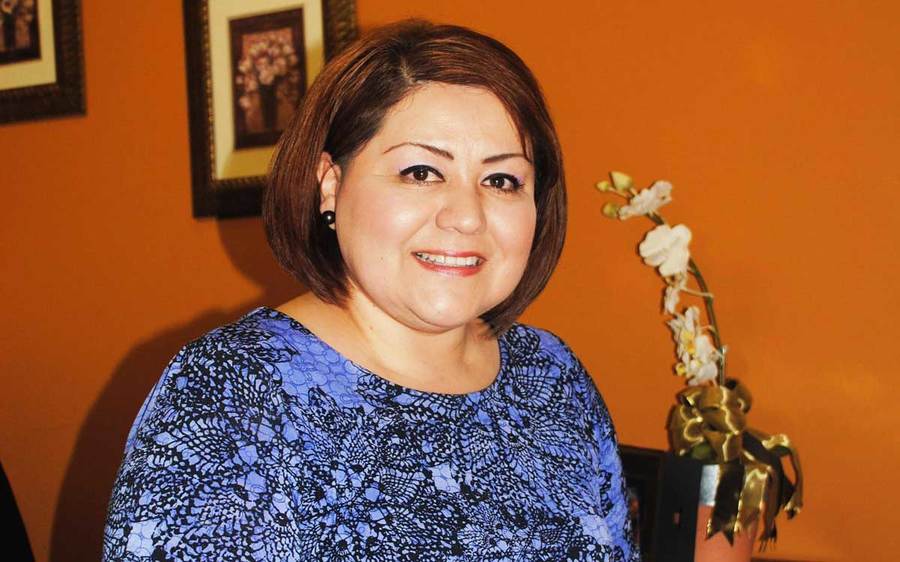Diabetes Educator Knows the Difference a Little Knowledge Can Make
Project Dulce offers hope and support to patients diagnosed with diabetes

When Alma Ayala was first diagnosed with type 2 diabetes, she felt like her life was over.
“I came home and cried,” Ayala says. “I was so scared. I thought there was no hope for people with diabetes.”
Ayala had good reason to be fearful. She had witnessed firsthand the devastation diabetes took on her grandfather. Over time he lost fingers and his legs and experienced kidney failure. He was just 60 years old when he died.
Connecting with Project Dulce
Yet more than 25 years after she was diagnosed, Ayala is thriving — thanks in part to the diabetes care she has received at Scripps Health and from the information she received through Project Dulce, a diabetes care and education program offered at Scripps.
It did not start out so promising for Ayala upon first receiving her diagnosis, as she struggled to manage the disease for years. She was overweight and often felt fatigued.
Her blood glucose levels were out of control at that time. Thankfully, a nurse was able to connect her with Project Dulce.
Ayala was 35 years old when she attended her first education class. She never could have imagined how much her life would change that day.
“When I went to my first Project Dulce class, I started feeling better that same day,” Ayala notes. “I learned the standards of care and that I could check my own glucose levels. I never knew things like that. No one had ever told me that before.”
Accessing diabetes education and support programming
Project Dulce was created to address the growing prevalence of diabetes among low-income and culturally diverse populations.
The care model provides diabetes management, education and support programs throughout the county and uses an electronic diabetes registry to track patient care, monitor compliance with standards and report clinical outcomes.
“The education that patients like Alma receive from Project Dulce empowers them,” says Athena Philis-Tsimikas, MD, corporate vice president of Scripps Whittier Diabetes Institute.
“It covers everything from the importance of exercise and nutrition, stress management, tips for traveling, and what to do when your sugars are high or low.”
Adopting a healthier, more active lifestyle
Just a short time after beginning Project Dulce, Ayala made remarkable progress. She was able to get a handle on her blood glucose levels, which dramatically improved. Ayala also lost 50 pounds as her overall health improved.
In addition to the diabetes management skills she learned from Project Dulce, Ayala also found employment. She took a job as a medical assistant with the program, and before long was on her way to becoming a promotora.
Promotoras have been diagnosed with diabetes themselves, and are able to provide peer-to-peer self-management diabetes education and support.
Spreading a message of hope and knowledge
The woman who Ayala trained with, Magdalena Hernandez, happened to be the same person who inspired her at that first Project Dulce meeting she attended. Now Ayala works to spread that same message of hope.
“I want to inspire and motivate others to learn how to take control and take care of themselves," Ayala says. "Project Dulce changed my life, and I know it can do that for others, too.”